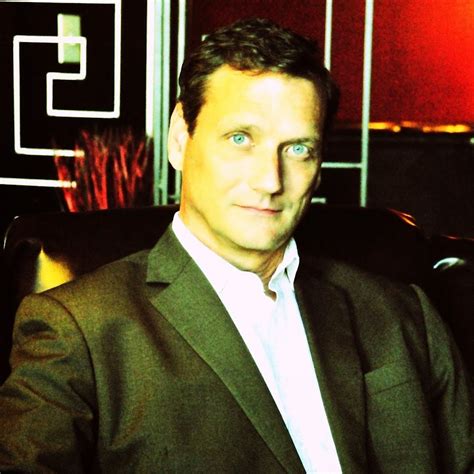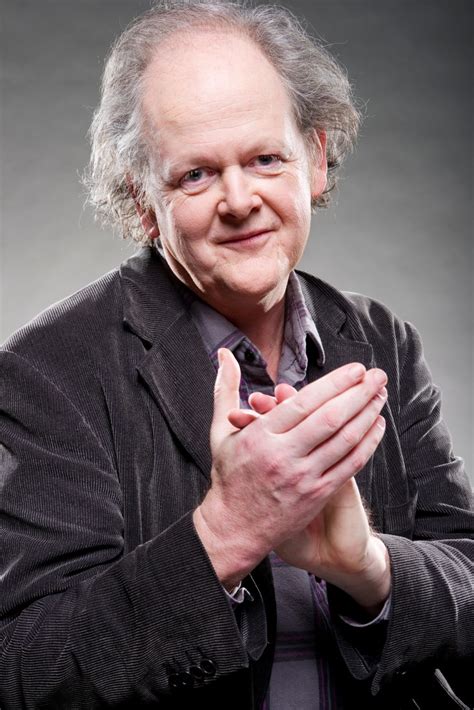A Quote by Tim Crane
Taken as hypotheses, religious claims do very badly. Yet the striking fact is that this does not worry Christians.
Related Quotes
A lot of religious belief - even the majority - involves making factual claims about the world which do come into conflict with science and history. For Christians, a test of this is the Empty Tomb. I ask Christians: 'are you saying that it does not matter - as a matter of fact - whether or not Christ's tomb was empty and that he was resurrected?' At that point, I find that, to a lot of them, it really does matter, despite all the fine talk about not wanting to confuse science and history with religion.
The Chief Justice's ... main point seemed to be that the references to God in the Pledge of Allegiance aren't really religious and therefore are not that important - something I would think would offend Christians who think it should stay because it is religious and does matter. Too many Christians appear to be desperate to shore up their failing confidence in their own religious beliefs by having the government officially endorse those beliefs.
Both Kant and Fichte thought of traditions of revealed religion as ways of symbolically (that is, with aesthetic emotional power) thinking about our moral condition. Both thought that religion would become more and not less powerful, emotionally and morally, if the claims of scriptures and religious teachings were taken symbolically rather than literally (whatever 'literally' might mean in the case of claims that are either nonsensical or outdated or historically unsupportable if taken as metaphysical or historical assertions).
There are many hypotheses in physics of almost comparable brillance and elegance that have been rejected because they did not survive such a confrontation with experiment. In my view, the human condition would be greatly improved if such confrontations and willingness to reject hypotheses were a regular part of our social, political, economic, religious and cultural lives.
Trouble arises when either science or religion claims universal jurisdiction, when either religious dogma or scientific dogma claims to be infallible. Religious creationists and scientific materialists are equally dogmatic and insensitive. By their arrogance they bring both science and religion into disrepute.
Certainly it is permitted to anyone to put forward whatever hypotheses he wishes, and to develop the logical consequences contained in those hypotheses. But in order that this work merit the name of Geometry, it is necessary that these hypotheses or postulates express the result of the more simple and elementary observations of physical figures.
We live in a very pluralistic society today. There are Buddhists, Hindus, Jews, atheists, Roman Catholics, Evangelical Christians, and Christians like me. There are a wide variety of religious expressions in this country. I think they all must be treated with respect and none of them must be given priority in the public arena.







































